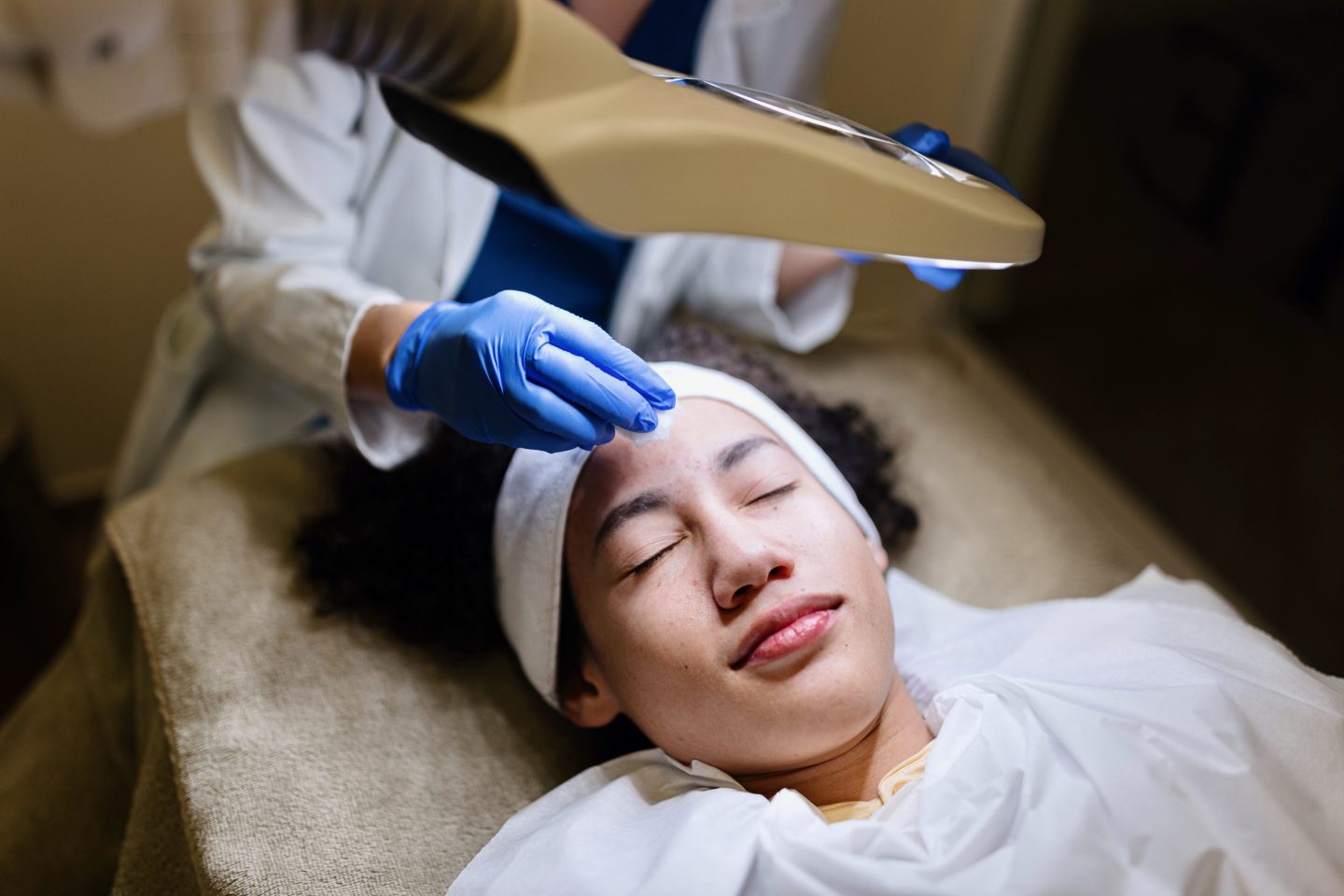Increasingly, teens age 13 to 19 are getting non-surgical cosmetic procedures—over 260,000 in 2023, according to the most recent data of the American Society of Plastic Surgeons. That suggests lots of approval from parents—something confirmed recently through a national sampling of parents through the University of Michigan Health C.S. Mott Children’s Hospital National Poll on Children’s Health, which released findings on Monday.
Through the survey of 989 parents of teens, researchers found that one in six believe teenagers should be allowed, with explicit parental approval and for any reason, to receive such aesthetic treatments—including derma fillers, chemical skin peels, laser hair removal, and teeth whitening.
Just over half of parents (51%), meanwhile, support teens getting non-surgical cosmetic procedures only if there’s a valid reason—though their beliefs differ about which reasons are valid. Getting a procedure to improve the teen’s mental health is something 37% view as a good reason, while 33% think that either a special occasion or feeling self-conscious is a valid reason. Being bullied is a valid reason according to 30% of parents polled.
Very important things to consider when making such a decision as a parent would include the health and safety ratings of the provider or procedure (76%), advice or approval from the child’s healthcare provider (57%), and their teen’s reason for wanting the procedure (55%).
Parents’ biggest reservations about approving such procedures would include:
- Feeling that their teen doesn’t need it (64%) or may have future regrets about it (57%)
- Concerns that such a request would indicate self-esteem or mental health problems (55%)
- The cost (52%)
- That their teen will want to continue getting procedures (49%)
- Risks of infection or scarring (44%)
Finally, regarding what the minimum age for non-surgical cosmetic procedures should be, parents had the following beliefs: 35% said anyone getting these procedures should be over 18; 21% said 18 should be the limit; 27% said 16 to 17 was old enough; and 17% said younger than 15 would be okay.
Dr. Susan Woolford, Mott Poll co-director and pediatrician, said in a news release that the increased popularity of such procedures may be due to social media’s idealized images of faces and bodies. “Teens are susceptible to feeling insecure about their appearance when compared to digitally altered pictures depicting an appearance that is probably unattainable naturally,” she said. “This problem is exacerbated by the pressure to post pictures of themselves to garner validation.”
Woolford added that it’s important for parents to find ways to help teens understand the distortions presented in the media and to also analyze their own reasons for wanting to change their appearance.
“If a teen asks for a non-surgical cosmetic procedure, parents should consider the emotional and mental health implications,” she said.
“It’s helpful to understand teens’ perceptions of how a procedure will change their appearance and the ways in which they hope it will impact other aspects of their life,” she added. “Some teens may view these procedures as a quick fix that will help them become more popular or gain friends for example. But changing your appearance doesn’t guarantee desired outcomes or that it will change your life.”
Read more from Fortune
–UnitedHealth falls after U.S. opens probe of Medicare billing
–Her 12-year-old son has autism and epilepsy and was kicked out of class.
–NYC’s most elite private high schools will cost nearly $70,000 this fall
–Tesla recalls more than 375,000 vehicles due to power steering issue
–Nissan shares surge on report Japan group may seek Tesla deal













